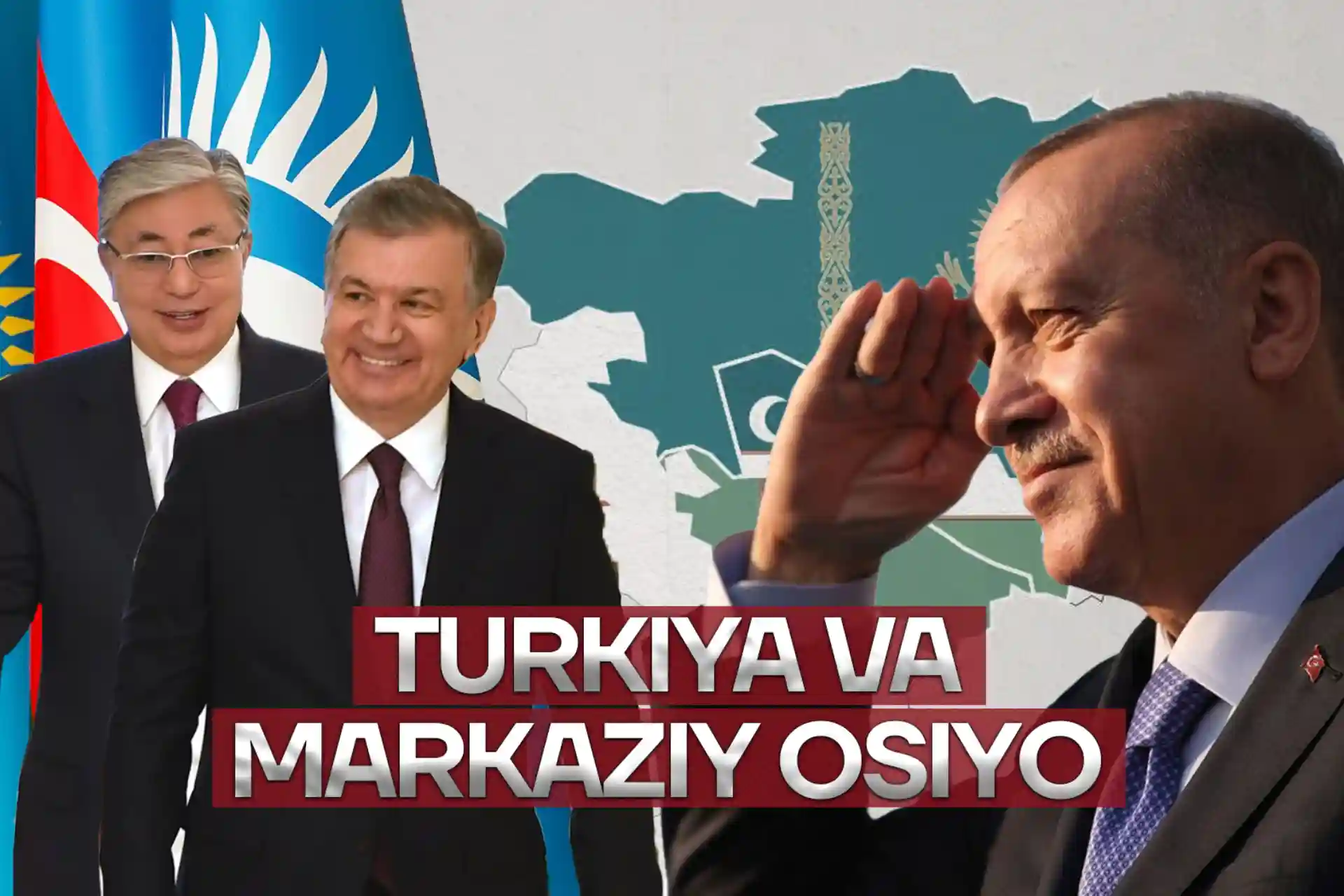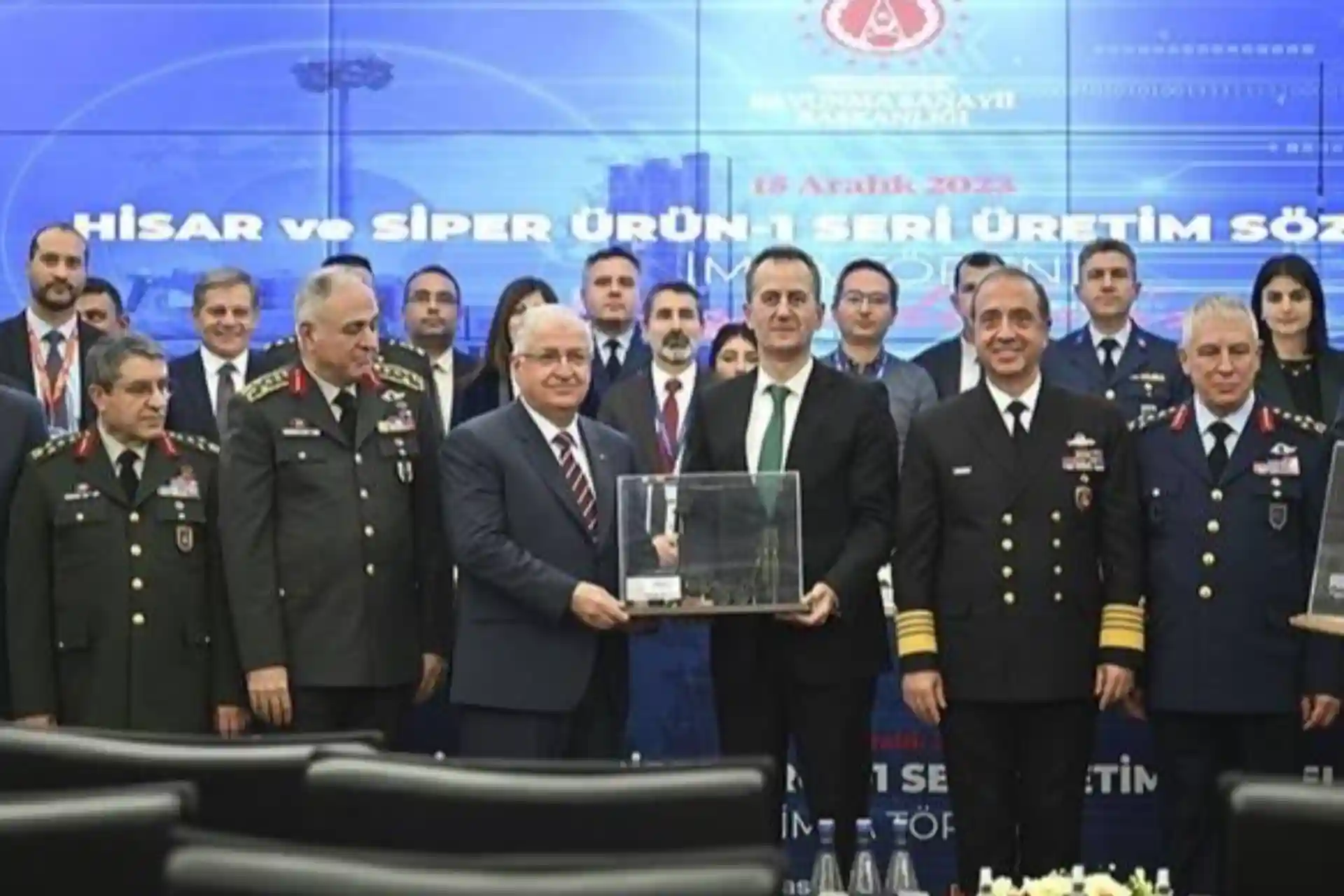Turkey and Central Asia: Politics, Economy and Cultural Cooperation
Turkey is actively promoting its policy towards Central Asia, which it sees as a strategically important region due to its geographical location, energy resources and historical ties. In addition, Turkey's historical, ethnic, religious and cultural ties with the countries of Central Asia provide ample opportunities to increase the role and participation of Ankara in the region. Turkey's policy towards Central Asia is based on three main pillars: political cooperation, economic development and cultural exchange.
Turkey's policy towards Central Asia is based on a number of goals, including:
1. Promoting stability and security in the region: Turkey considers Central Asia to be a crucial area for regional stability and security. Therefore, it tries to strengthen peace and stability in the region through diplomatic and economic means.
2. Development of economic and trade relations: Turkey seeks to deepen its economic relations with Central Asia, particularly in the fields of energy, transport and tourism. It is also actively promoting investment opportunities in the region.
3. Support for political reforms: Turkey has been a supporter of political reforms in Central Asia, including greater protection of democracy and human rights.
4. Development of cultural exchange: Turkey is working to develop cultural relations with Central Asia, especially in the fields of language and education. It also promotes exchange programs that bring Central Asian students and scholars to Turkey.
Politically, Turkey strives to strengthen its relations with Central Asian republics by establishing diplomatic relations, signing bilateral agreements, and participating in regional organizations such as the "Turkish Council" and the "Organization of Islamic Cooperation". Turkey provided political support for the sovereignty and territorial integrity of the region, especially in the context of the conflict in Nagorno-Karabakh.
After the collapse of the Soviet Union in 1991, Ankara established a specialized organization called "Turkish Cooperation and Coordination Agency" in order to strengthen cultural and economic relations with Central Asian countries. A few decades later, in 2009, the Cooperation Council of Turkic-Speaking Countries (known as the Turkic Council) was officially established. In 2021, the council decided to change itself to the "Organization of Turkish States". The organization consists of five members - Azerbaijan, Kazakhstan, Kyrgyzstan, Turkey and Uzbekistan, and two observer countries (Hungary and Turkmenistan), with a population of about 170 million people and a total gross domestic product of 1.5 trillion dollars. The volume of trade between these countries is estimated at 16 billion dollars.
In general, Turkey's political relations with Central Asia are strong and getting stronger every year. The two regions have many commonalities in terms of history, culture and language, and Turkey's relations with Central Asia are expected to expand in the future.
Economically, Turkey seeks to increase trade and investment with the Central Asian republics, which are rich in natural resources and offer potential markets for Turkish goods and services. Turkey has invested in energy projects in the region and is trying to expand export markets by promoting its products and services. Also, Turkey has been trying to strengthen its economic relations with Central Asia with various policies and initiatives in recent years. One of the main goals of Turkey's economic policy towards Central Asia is to increase trade and investment between the two regions.
One of Turkey's ways to achieve this goal is the development of transport infrastructure. Turkey is investing in the construction of roads, railways and pipelines connecting Central Asia to the Turkish market and beyond. For example, the Baku-Tbilisi-Ceyhan oil pipeline and the Baku-Tbilisi-Kars railway are important projects that facilitate the transportation of goods and resources between Central Asia and Turkey.
Trade agreements are another way to strengthen Turkey's economic relations with Central Asia. Turkey has signed a free trade agreement with several Central Asian countries, including Kazakhstan, Kyrgyzstan and Uzbekistan. These agreements help to reduce trade barriers and develop the exchange of goods and services between Turkey and Central Asia.
In addition to infrastructure development and trade agreements, Turkey also provides financial assistance to Central Asian countries. Turkey offers loans and grants to support the development of infrastructure, agriculture and other key sectors in Central Asia. This financial assistance is aimed at improving economic conditions in Central Asia and expanding economic cooperation between Turkey and the region.
In general, Turkey's economic policy towards Central Asia is aimed at establishing strong economic ties and expanding trade and investment between the two regions. Through infrastructure development, trade agreements and financial assistance, Turkey is working to create a more integrated and prosperous economic partnership between Central Asia and Turkey.
Culturally, Turkey is trying to develop its historical ties with a region with a common Turkish heritage. Turkey promotes cultural exchange programs such as student exchanges and language courses, and tries to strengthen scientific cooperation. Turkey has pursued an active cultural policy towards Central Asia in order to strengthen its ties with the region. Here are some examples of Turkey's cultural policy towards Central Asia:
1. Language programs: Turkey has created programs to teach Turkish language and culture in Central Asian countries. Turkish Language and Culture Centers, known as "Turk Dili ve Kulturu Merkezleri" or TÖMER, have been established in many Central Asian countries to teach Turkish language and literature.
2. Art and cultural exchange: Turkey organizes cultural events and festivals in Central Asia to showcase Turkish culture. Turkish artists participate in performances, music concerts and art exhibitions held in the countries of Central Asia.
3. Educational exchange programs: Turkey offers scholarships to Central Asian students to study in Turkish universities. Scholarships are aimed at the development of cultural exchange, as well as the exchange of knowledge and experience.
4. Heritage preservation: Turkey has also cooperated with Central Asian countries to preserve cultural heritage objects and artifacts. The Turkish Cooperation and Coordination Agency (TİKA) has actively participated in many conservation projects in Central Asia.
5. Cooperation Council of Turkic-speaking countries: Turkey is part of the Cooperation Council of Turkic-speaking countries, which includes Azerbaijan, Kazakhstan, Kyrgyzstan and Turkmenistan. The council aims to develop cultural exchange and further strengthen cooperation among its members.
Turkey's cultural policy towards Central Asia is aimed at mutual cooperation and preservation of common cultural heritage. These programs and initiatives have helped strengthen cultural ties between Turkey and Central Asia.
In general, Turkey's cultural policy towards Central Asia is aimed at developing cultural exchange, strengthening cultural ties, preserving and promoting the common cultural heritage of the Turkic-speaking peoples of the region.
In conclusion, Turkey's policy towards Central Asia seeks to advance its strategic interests by promoting stability, security and economic development in the region, while at the same time strengthening its position as a regional power.


